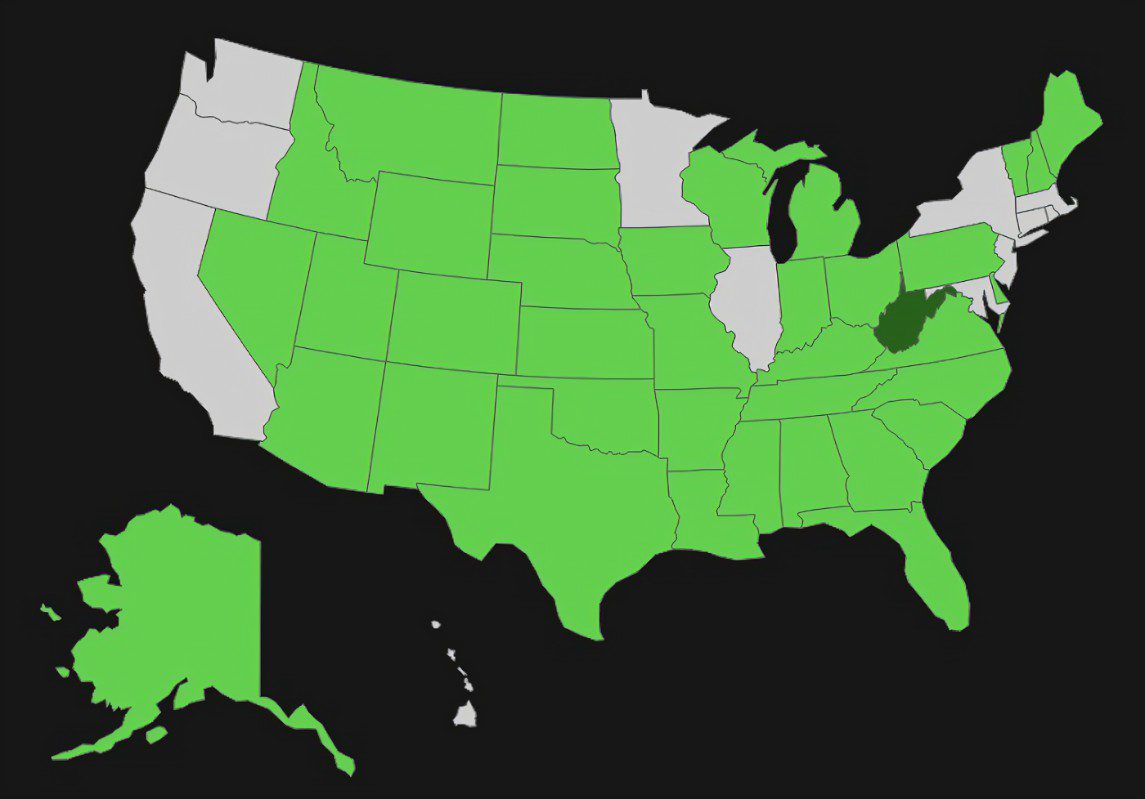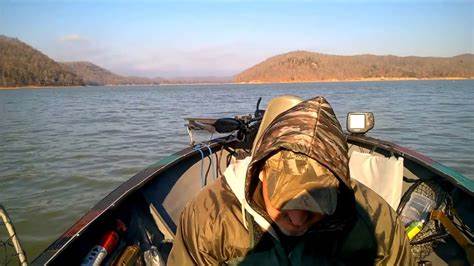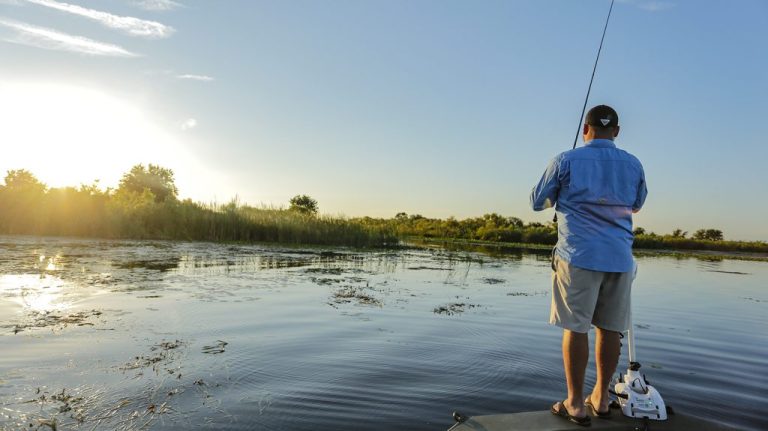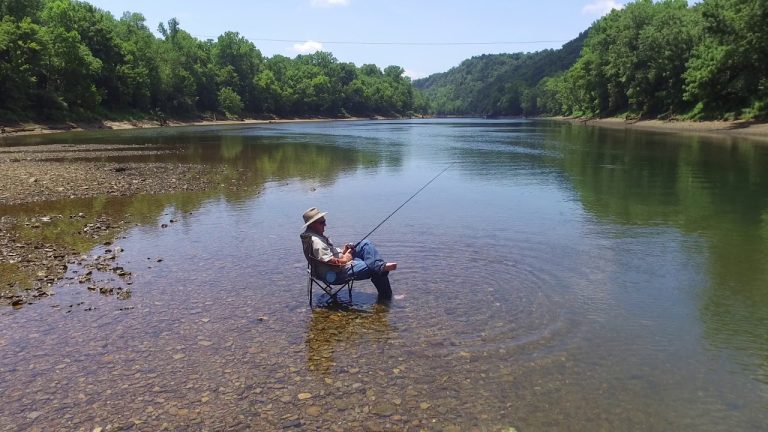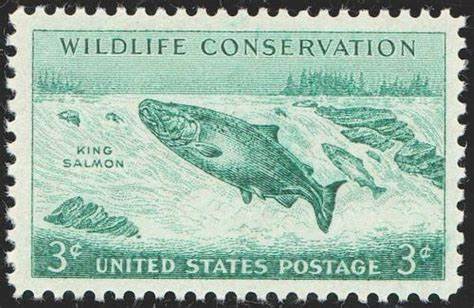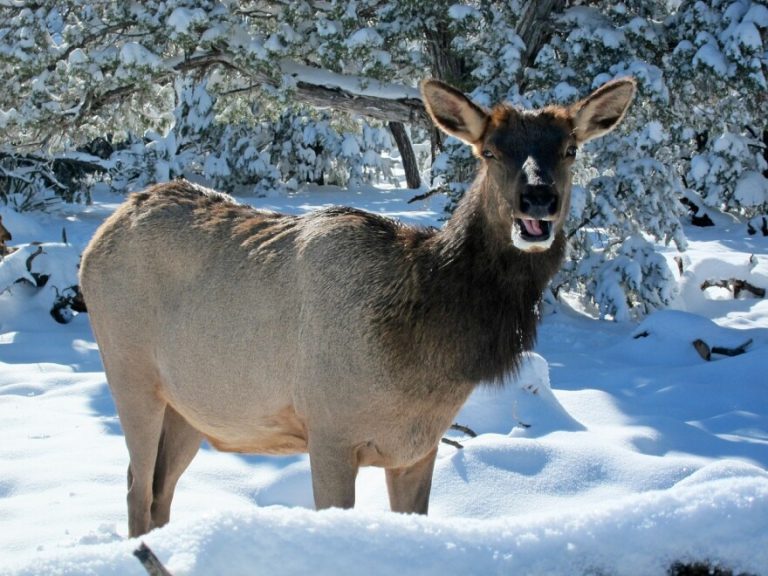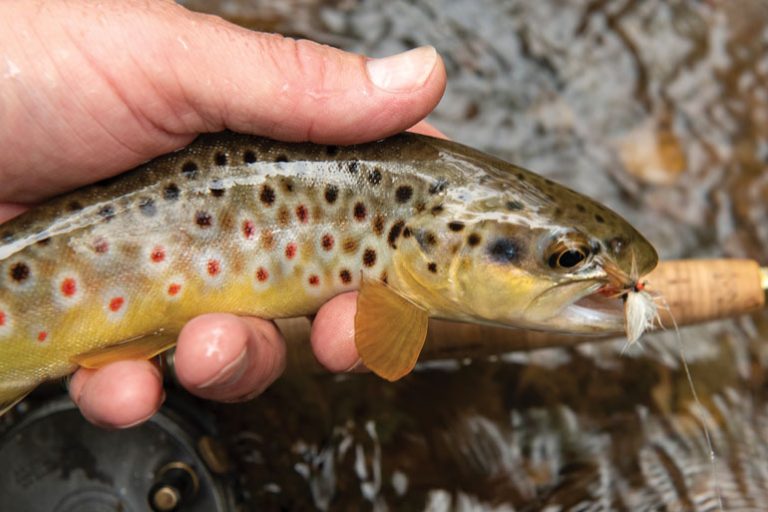Michigan, known for its world-class fishing opportunities in the Great Lakes and numerous inland waters, has established reciprocal fishing license agreements with several neighboring states. These agreements allow anglers to fish in designated waters of the participating states without purchasing additional licenses, promoting tourism and providing convenience for fishing enthusiasts.
Reciprocal Agreements at a Glance
Michigan has reciprocal fishing license agreements in place with:
- Wisconsin: Allowing fishing in each other’s waters of Lake Michigan, Lake Superior, and connecting waters, including the popular Chequamegon Bay and the Menominee River.
- Indiana: Permitting fishing in interstate waters with a single license, such as the St. Joseph River and the Kankakee River.
- Ohio: Providing license reciprocity in designated waters, including Lake Erie and the Ohio portion of the Maumee River.
- Minnesota: Allowing fishing in the other state’s waters without an extra license, granting access to renowned fisheries like Lake of the Woods and the Rainy River.
These agreements offer significant cost savings, convenience, expanded fishing access, and support for conservation efforts. However, anglers must still adhere to the regulations and catch limits set by the state where they are fishing.
Wisconsin and Michigan Reciprocal Fishing License Agreement
The reciprocal agreement between Michigan and Wisconsin allows anglers with a valid fishing license from either state to fish in the other state’s waters of Lake Michigan, Lake Superior, and the Great Lakes connecting waters. This means that if you have a Michigan fishing license, you can fish in Wisconsin’s portions of these waters without purchasing a separate Wisconsin license, and vice versa.
The agreement covers a vast area, including the Chequamegon Bay, known for its exceptional smallmouth bass and walleye fishing, and the Menominee River, which offers a diverse fishery with species such as walleye, northern pike, and smallmouth bass. Anglers can also explore the waters of Green Bay, a popular destination for trophy musky and sturgeon.
Indiana and Michigan Reciprocal Fishing License Agreement
Michigan and Indiana have a similar reciprocal agreement that allows residents of both states to fish in each other’s interstate waters with a single license. This agreement applies to the southern basin of Lake Michigan and smaller bodies of water along the state border, such as the St. Joseph River and the Kankakee River.
The St. Joseph River is a popular destination for steelhead trout and salmon anglers, with the fish running upstream from Lake Michigan during their spawning runs. The Kankakee River, on the other hand, is known for its excellent smallmouth bass fishing and diverse ecosystem.
Ohio and Michigan Reciprocal Fishing License Agreement
Michigan and Ohio also have a reciprocal fishing license agreement in place, allowing anglers with a valid fishing license from either state to fish in the other state’s designated waters. This agreement provides convenience and cost savings for those who enjoy fishing in both states.
One of the most notable fisheries covered by this agreement is Lake Erie, which is renowned for its walleye and yellow perch fishing. The Ohio portion of the Maumee River, a popular destination for spring walleye runs, is also included in the agreement.
Minnesota and Michigan Reciprocal Fishing License Agreement
Michigan and Minnesota have a reciprocal fishing license agreement that allows anglers from both states to fish in designated waters of the other state without purchasing an additional license. This agreement promotes tourism and makes it easier for fishing enthusiasts to explore new waters and target different species.
Lake of the Woods, a vast body of water straddling the border between Minnesota and the Canadian province of Ontario, is a prime example of a fishery covered by this agreement. The lake is known for its excellent walleye, sauger, and northern pike fishing, attracting anglers from around the world. The Rainy River, which flows into Lake of the Woods, is another popular destination for anglers targeting trophy-sized fish.
| State | Agreement Allows | Key Water Bodies Included | Species Available |
|---|---|---|---|
| Wisconsin | Fishing in each other’s waters of Lake Michigan, Lake Superior, and connecting waters | Chequamegon Bay, Menominee River | Smallmouth bass, Walleye, Musky |
| Indiana | Fishing in interstate waters with a single license | St. Joseph River, Kankakee River | Steelhead, Salmon, Smallmouth bass |
| Ohio | License reciprocity in designated waters | Lake Erie, Maumee River | Walleye, Yellow perch |
| Minnesota | Fishing in the other state’s waters without an extra license | Lake of the Woods, Rainy River | Walleye, Sauger, Northern pike |
Exceptions and Considerations
While these reciprocal agreements provide many benefits, there are some exceptions and considerations to keep in mind:
- Anglers must still follow the regulations and catch limits set by the state where they are fishing, even if using a license from their home state.
- Some species, such as sturgeon or trout, may require additional permits or stamps, even when fishing under a reciprocal agreement.
- Reciprocal agreements may not apply to all waters within a state, so it’s essential to check the specific details of each agreement before fishing.
Benefits of Reciprocal Fishing License Agreements
Reciprocal fishing license agreements offer several advantages for anglers and the participating states:
- Cost Savings: Anglers can fish in multiple states without purchasing separate licenses, saving money on fees.
- Convenience: These agreements make it easier for anglers to explore new waters and target different species without the hassle of obtaining additional licenses.
- Tourism Promotion: By allowing anglers to fish in multiple states with a single license, reciprocal agreements encourage fishing-related tourism and boost local economies.
- Conservation Support: Fishing license fees help fund conservation efforts, habitat restoration, and public access improvements in the participating states.
How to Take Advantage of Michigan’s Reciprocal Agreements
To make the most of Michigan’s reciprocal fishing license agreements, follow these steps:
- Purchase a valid Michigan fishing license. You can buy licenses online through the Michigan Department of Natural Resources, by phone, or at various license agents across the state.
- Familiarize yourself with the specific terms of each reciprocal agreement, including which waters are covered and any restrictions on fishing methods or catch limits.
- Follow the fishing regulations of the state where you are fishing. Reciprocal agreements do not exempt you from local rules and regulations.
- Carry your Michigan fishing license with you whenever you’re fishing in a state with a reciprocal agreement. You may be asked to present your license by local authorities.
By understanding and taking advantage of Michigan’s reciprocal fishing license agreements, anglers can explore diverse waters, target a wide range of species, and create lasting memories on the water while supporting conservation efforts and local economies.
Conclusion
Michigan’s reciprocal fishing license agreements with Wisconsin, Indiana, Ohio, and Minnesota provide a wealth of opportunities for anglers to explore diverse waters and target various species. By understanding these agreements and their specific requirements, fishing enthusiasts can make the most of their time on the water while supporting conservation efforts and local economies.
As always, it’s crucial to review the current regulations and any updates to these agreements before planning your next fishing adventure. By staying informed and following the rules, you can enjoy the many benefits of Michigan’s reciprocal fishing license agreements and create lasting memories on the water.
Do I need a separate trout/salmon stamp when fishing in Wisconsin or Minnesota under the reciprocal agreement?
In most cases, if you have a valid Michigan fishing license, you do not need to purchase a separate trout/salmon stamp when fishing in Wisconsin or Minnesota waters covered by the reciprocal agreement. However, it’s always best to check the specific regulations of the state where you plan to fish, as requirements may vary.
Can I launch my boat in Michigan and fish in Ohio waters under the reciprocal agreement?
Yes, as long as you have a valid Michigan fishing license and are fishing in the designated Ohio waters covered by the reciprocal agreement, you can launch your boat in Michigan and fish in Ohio without purchasing an additional Ohio license.
Do I need to report my catch when fishing under a reciprocal agreement?
Reporting requirements may vary depending on the state and species caught. For example, if you catch a sturgeon or musky in Wisconsin waters while fishing under the reciprocal agreement, you must follow Wisconsin’s reporting requirements. Always check the regulations of the state where you are fishing to ensure compliance.



